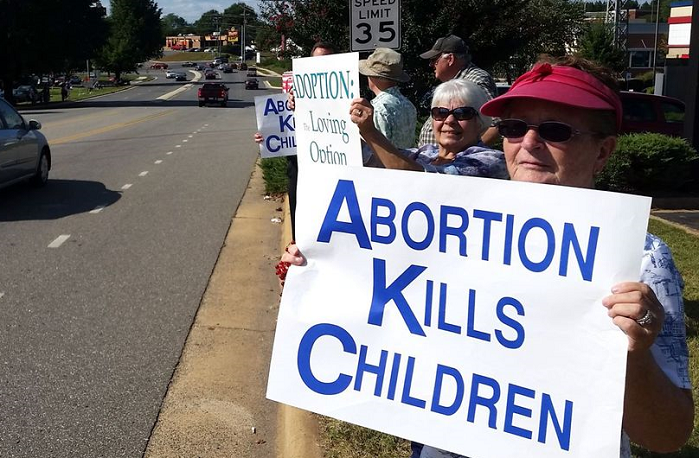Buying a Baby

Our friends at the Colson Center for Christian Worldview recently released a pointed commentary underscoring the issue of people buying and selling of children through commercial surrogacy.
According to a recent ABC headline, “2020 [presidential] hopeful Pete Buttigieg says he and his husband are planning to have a child soon.” But that’s simply a misleading choice of words.
A more accurate way to put it would be how our sharp-tongued BreakPoint writer Shane Morris did on Facebook: “2020 hopeful Pete Buttigieg planning to buy an egg and hire a woman to serve as an incubator so he and partner can go on playing house together and turn another human being into their prop. There,” Shane said, “I fixed your headline.”
I wouldn’t have said it quite that way, but Shane has a point. Same-sex couples don’t have children together. They’ve chosen an intentionally sterile relationship, but then borrow from God’s design to bring children into existence before denying them a mother or a father.
When Stonestreet and Morris refer to people buying human eggs and hiring women to carry children, they’re talking about commercial surrogacy, where companies and wealthy couples pay women thousands of dollars for their eggs or to have children for them.
Family Council opposes commercial surrogacy, in part, because we believe it amounts to buying and selling babies. Commercial surrogacy and egg harvesting also carry a number of health risks for women.
Arkansas law currently lets companies harvest women’s eggs for profit. That’s why we supported H.B. 1761 by Rep. Cindy Crawford (R – Fort Smith) and Sen. Missy Irvin (R – Mountain View) this year. This good bill would have regulated the buying and selling of human eggs. It would have prohibited companies from paying women for their eggs, but it contained exceptions for free egg donations and for fertility treatments.
The bill passed in the Arkansas House, but unfortunately failed to make it through the senate before the session adjourned.
Photo by Filip Mroz on Unsplash




